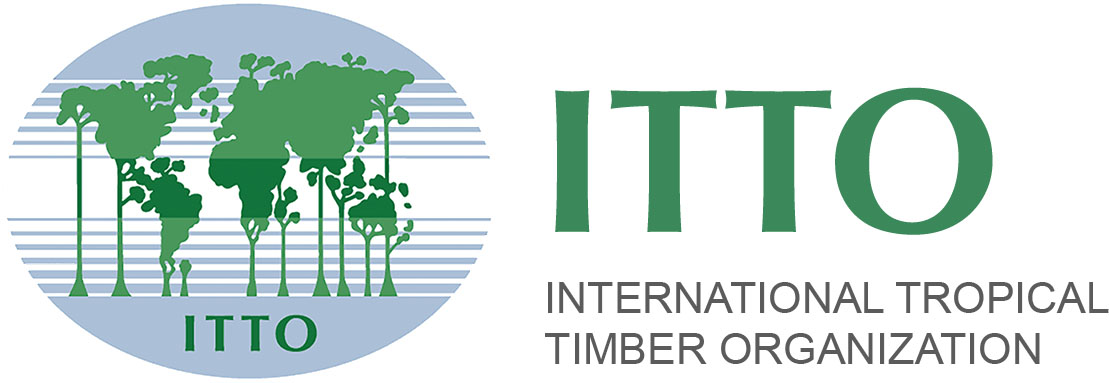A study released by the International Tropical Timber Organization (ITTO) earlier this month points to what it says is “an opportunity for tropical timber producers” arising out the likely doubling of global resource use by 2050. The study forecasts that tropical industrial round wood production will increase substantially by mid-century though it adds that the sector will require a boost if it is to maximise its contribution to carbon-neutral timber production.
The study, titled “Tropical Timber 2050: an Analysis of the Future Supply of and Demand for Tropical Timber and its Contributions to a Sustainable Economy” uses the Global Forest Product Model and data to provide projections to 2050 for tropical timber supply and demand and trends in tropical timber resources, products and industries. Ominously, however, it adds that without political action and the necessary industrial development, material use will increase in non-renewable segments, leading to an exceeding of planetary boundaries and increasing pollution externalities.
The report asserts that “A doubling of global resource use by 2050 would likely outstrip global sustainable supply and trigger negative impacts on biodiversity, climate, ecosystems and human wellbeing… “The world,” it adds, “urgently needs to prioritize resource-use efficiency and adopt carbon-neutral production based on renewable and sustainably produced materials such as wood.”
According to the report, tropical timber could take a leading role in substitution because the increasing demand for goods in the construction sector and other sectors like plastics and textiles can partially be met by wood-based products. But the tropical timber sector is relatively undeveloped, and the report sets out five complementary strategies that could help drive sustainable growth in the sector.
An ITTO official is quoted as saying that the report contains “a wealth of information” that will help “further engage governments and private-sector players in efforts to ensure that the tropical forest sector plays its vital role in combating climate change while also increasing the economic wealth of tropical communities and countries.”
The report also alludes to a number of likely transformations in the timber sector, noting that global industrial round wood production is projected to grow by 45% by 2050, to 2.8 billion m³, with tropical production increasing by 24%, to 533 million m³. It further asserts that in order to maintain market share, tropical timber production needs to become more competitive by expanding the range of commercial species and including revenue streams from carbon and eco-system services.
With limited expansion possibilities for large-scale plantations, smallholders and agro-forestry systems will become important producers, the report says, though it adds that in order for this to be realised, both need further improvements in productivity and timber quality. It adds that private-equity capitalisation and incentives for small-to-large plantation-based enterprises will be crucial for stimulating sector growth.
The report is part of an ongoing effort by ITTO to provide knowledge and learning experiences on incentivising investments in natural tropical forests and the sustainable production of the wood and non-wood products arising from them.





